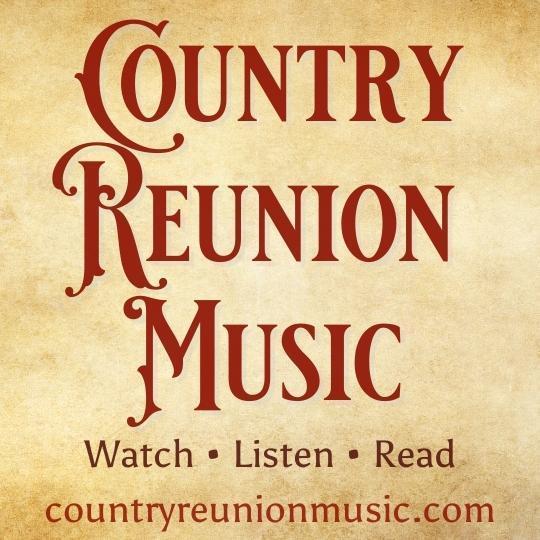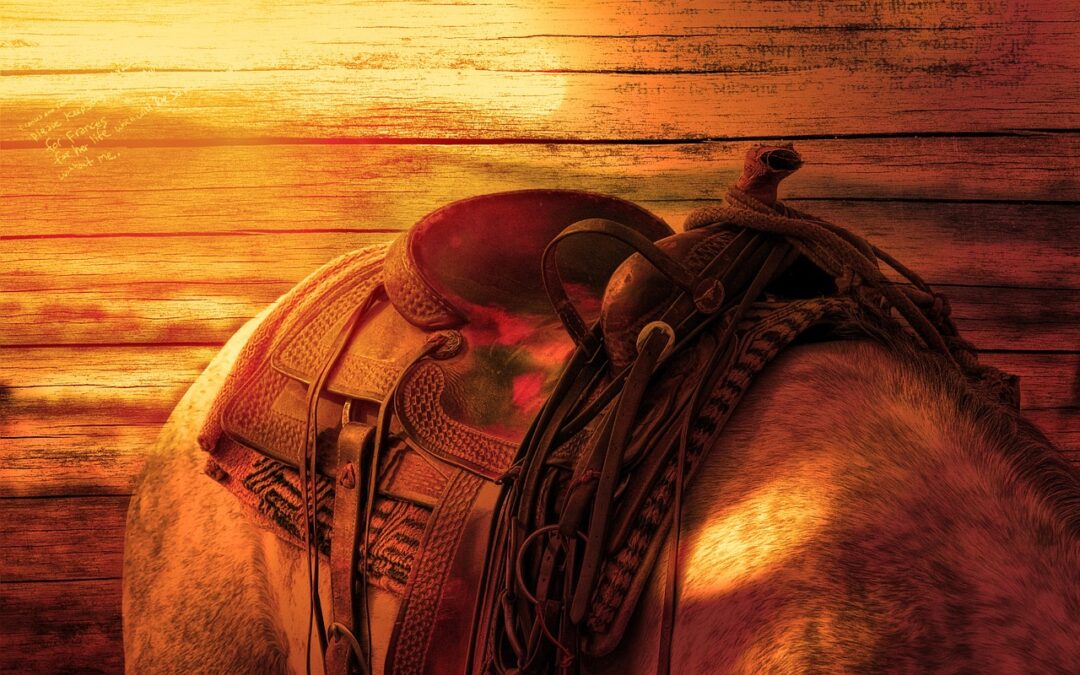The ballad is an ancient form of poetic storytelling. With elements like unrequited love, ill-fated heroes and untimely death, the ballad was established early in Country Music’s history as a popular sub-genre.
Perhaps the most well known of the thousands of ballads recorded in modern times is Marty Robbins’ “El Paso.” Since its release on Robbins’ 1959 album “Gunfighter Ballads and Trail Songs” the song has become the standard-bearer for Country-Western storytelling.
“El Paso” deviated from the typical storytelling method by having the protagonist tell the story as opposed to the listener hearing a third-party rendition. This method allowed Robbins, who penned the song as well as singing it, to disclose the feelings and thoughts of the narrator and not just describe his actions as an observer.
The uncut, original recording of the song was almost five minutes long — far longer than the typical radio-play release. Though the length was unusual for a commercial single, it was in keeping with the ballad storytelling tradition. The song’s length, however, was a concern for the record company, so before the release radio stations were provided the full-length version and an edited three-minute version. They preferred the longer version.
 Within months the song topped both the pop and country charts, and in 1961 it took the Grammy Award for Best Country & Western Recording.
Within months the song topped both the pop and country charts, and in 1961 it took the Grammy Award for Best Country & Western Recording.
In the mesmerizing ballad a gunslinger tells the story of his love for a Mexican maiden, Feleena, who caught his attention with her beauty and lively dancing in Rosa’s Cantina in the West Texas town of El Paso.
“I was in love, but in vain I could tell,” he admits, making the reader question if Feleena even knew of his interest in her.
The gunslinger casts Feleena as wicked and evil, even accusing her of casting a spell on him. The listener can visualize the scene. Music is playing and patrons are laughing while the gunslinger watches Feleena from across the cantina as she drinks with a cowboy. He describes the man as “young,” “handsome” and “dashing and daring,” perhaps comparing himself unfavorably and adding to his jealousy, thus prompting a deadly challenge.
No match for the gunslinger, the cowboy’s response was insufficient, and he was killed instantly. In a sobering moment of remorse, the gunslinger “stood there in silence, shocked by the foul evil deed.” The murder left him few choices but to attempt escape, and the theft of a horse from outside the cantina became his second capital offense of the evening.
As he found himself in the badlands of New Mexico, he realized that he could not return to El Paso without being killed, but his love was stronger than his fear of death.
“Maybe tomorrow a bullet may find me; tonight nothing’s worse than this pain in my heart,” he agonizes.
Returning to El Paso, he has paused on a hill overlooking Rosa’s Cantina when he spots mounted cowboys to his left and right “shouting and shooting.”
“I can’t let them catch me,” he resolves. “I have to make it to Rosa’s back door.”
He grasps that he’s been shot when he feels “a deep burning pain” in his side that renders him unable to continue riding. He falls from his saddle, but his “love for Feleena is strong” so he rises and continues.
“Though I am weary, I can’t stop to rest,” he determines. “I see the white puff of smoke from the rifle. I feel the bullet go deep in my chest.”
The only hint that Feleena may have actually returned his feelings is in the final moments of his life when she finds him.
“Kissing my cheek as she kneels by my side,” the gunslinger sings. “Cradled by two loving arms that I’ll die for. One little kiss, then Feleena, good-bye.”
Robbins’ beautiful, clear voice along with the harmonies of vocalists Bobby Sykes and Jim Glaser of the Glaser Brothers and an inspired Spanish guitar accompaniment by Grady Martin, who later recorded an instrumental version for his own album, create a haunting performance of a timeless tale that has not stopped captivating listeners across six decades.
The song became a regular on the Grateful Dead’s concert playlist, with the band performing their most requested song a total of 389 times over 25 years of touring.
Chosen by the Western Writers of America as one of the Top 100 Western songs of all time, “El Paso” has been recorded by numerous artists. An alternative country band, Old 97s, version was included on the “King of the Hill” original TV soundtrack. The singer Lolita recorded a German version that became an international hit. A modified version of “El Paso” called “Miners Fight” became the official fight song of the University of Texas at El Paso in the 1980s.
Parody versions were released by H. B. Barnum, whose 1960 “El Pizza” set in a California pizza joint became a radio hit. Homer and Jethro parodied the ballad in a novelty tune called “Velvita’s Cafe.” For his 1979 TV special “Comedy is Not Pretty!” Steve Martin created a comedic music video for the song.
“El Paso” has claimed its place in popular culture as well. In 2001 Old El Paso used a version of the song in a Super Bowl commercial for its taco kit. The song has been identified by the writers of The Beach Boys’ “Heroes and Villains” album as a primary influence. The 2015 film “Dumb and Dumber To” featured the song. The USS El Paso, which sailed from 1970-1994, used the song as its breakaway salute.
Introducing the song to a new generation in the 2013 series finale of AMC’s “Breaking Bad,” protagonist Walter White steals a car in which there is a cassette containing “El Paso.” The finale’s title, “Finlina,” was a play on the word finale as well as symbolic of what a man will do in pursuit of his desires.
And what of his object of desire? Who was she? In 1966 Robbins wrote “Feleena From El Paso,” an eight-minute track on his album, “The Drifter.” The song reveals more of Feleena’s story, both before the pivotal evening at Rosa’s Cantina and in the future when she is courted by the ghost of the dead cowboy. Ten years later he revisited the ballad with a hit called “El Paso City” that finds an airplane passenger speculating about whether he has a mystical connection with the gunslinger.
“Somewhere in my deepest thoughts, familiar scenes and memories unfold,” he sings. “These wild and unexplained emotions…I get the feeling sometime, in another world I lived in El Paso.”
This copyrighted story by Claudia Johnson was originally published in Country Reunion Magazine and Country Reunion News.

